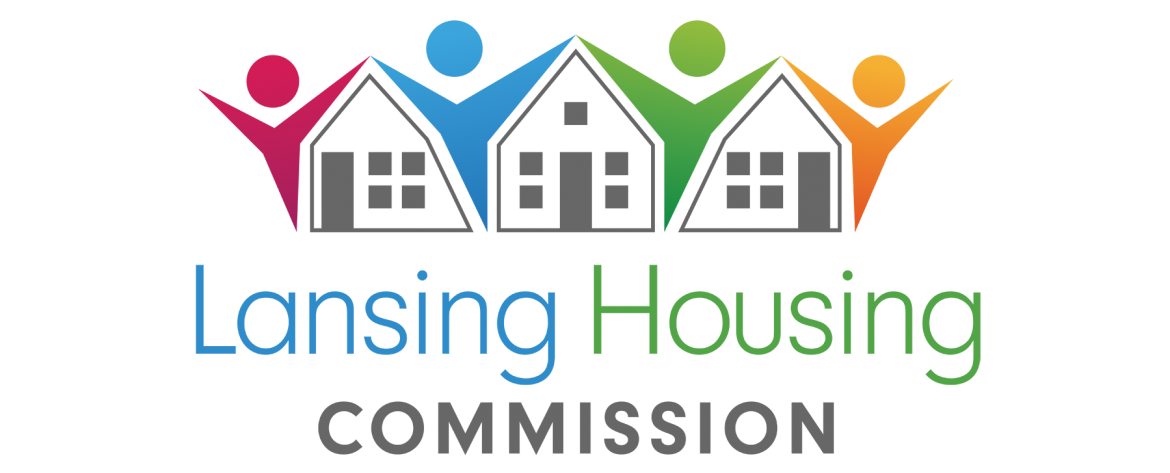South Washington Park
Apartments For Rent Lansing MI
FAQ
The Rental Assistance Demonstration (RAD) program was created by the Department of Housing and Urban Development (HUD) to allow public housing authorities to leverage public and private debt and equity in order to reinvest in the public housing stock. RAD essentially converts public housing units to Section 8 vouchers so housing authorities can apply for private loans and tax credits to do major renovations to its public housing units.
All units at South Washington Park will be converted through the RAD process.
75% of the units at Mount Vernon Park will be converted through the RAD process. 25% of the units at Mount Vernon Park will be transitioned through Section 18.
HUD recommends leveraging the two different programs for communities like Mount Vernon Park, as a resident you should not notice a difference with either program.
You will not lose your housing assistance and you will not be rescreened because of a RAD conversion. Even though a RAD property can use private money to make big repairs, it will still receive money from HUD. With this subsidy from HUD, PHAs will manage RAD properties through the PBRA program. RAD requires that converted properties be owned or controlled by a public or nonprofit entity.
If your building or development is converted PBRA, your rent contribution will most likely be the same as it was under public housing—generally no more than 30% of your household’s adjusted gross income. Since the project-based Section 8 programs also set resident rents at 30% of adjusted income, most residents will not have rent increases as a result of a RAD conversion.
If your building or development is converted PBRA, your rent contribution will most likely be the same as it was under public housing—generally no more than 30% of your household’s adjusted gross income. Since the project-based Section 8 programs also set resident rents at 30% of adjusted income, most residents will not have rent increases as a result of a RAD conversion.
Before PHAs can apply to participate in RAD, HUD requires them to notify all residents in a development proposed for RAD conversion about their plans and conduct at least two meetings with those residents. These meetings are an opportunity for you to discuss the proposed conversion plans with your PHA, ask questions, express concerns, and provide comments. The PHA is required to submit your comments and its response to them as part of the RAD application.
Also submit questions at 5 submit questions/feedback at https://lanshc.org/ and click on your respective property RAD Conversion Information.
Most likely you will be moved to a new unit and have a new address, but you should not be relocated off the development during construction. Due to the extensive rehab and improvements it will not be possible to complete construction with residents living in units. Therefore a move to a newly rehabilitated unit with a new address for you is the likely outcome for all residents.
LHC will cover the cost of some moving supplies (such as boxes) and will hire a moving company to load up a resident’s boxes and furniture and unload them at the new unit if relocation is necessary. Typically the residents packs their items into boxes and the hired movers will handle the rest. If you do not wish to pack up your items there will be other options available.
Yes, all Heads of Household will have to sign a new lease when their property makes its
RAD conversion. There will be meetings at each site to discuss the process and ample
notice will be given so residents will have time to read the new lease prior to the
signing.
Not unless your requirements have changed and there is availability. Prior to moving to rehabilitated unit, residents will have participated in individual meetings and completed surveys to identify housing needs and align them with the appropriate sized unit.
At South Washington Park construction is scheduled to begin October 2020 and be fully completed approximately April 2022.
At Mount Vernon Park construction is scheduled to begin September 2020 and be fully completed approximately March 2022.
A simple way to describe this is everything in your unit will be replaced except the walls and good condition wood floors, and even at some communities the walls will be replaced.
Kitchens with new countertops, cabinets, and appliances, some units depending on size will have dishwasher added.
Bathrooms with new flooring, vanity, tub, and toilets.
Units will now have air conditioning and improved heating systems (where applicable).
Fresh paint throughout the unit.
New entry ways for townhome communities.
Please fill out the form below and we will get in touch with you shortly.
Primary Communities Served
Lansing
Haslett
Charlotte
Holt
Potterville
Grand Ledge
DeWitt
East Lansing
Okemos
Greater Lansing Area
